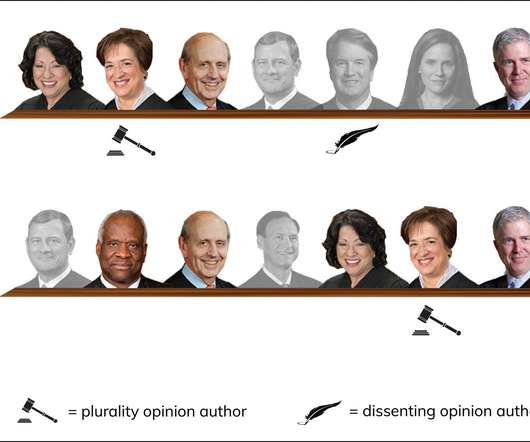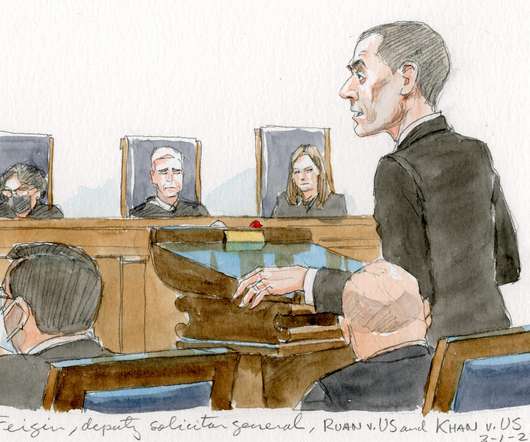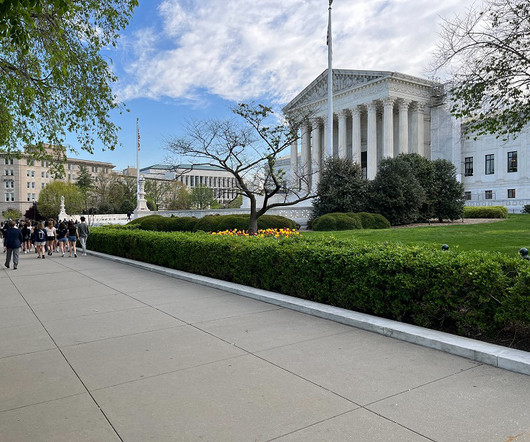Panel Holds that Ohio Aggravated Burglary Statute Does Not Count as Predicate Violent Felony under ACCA.
SquirePattonBoggs
FEBRUARY 14, 2023
Judge White wrote the unanimous opinion for the Court, which was joined by Judge Moore and Judge Bush. The Court held that an Ohio aggravated-robbery offense, R.C. The Sixth Circuit reversed the District Court’s contrary decision. Borden ’s mens rea requirement mattered here because, on its face, R.C. White , No.





















Let's personalize your content